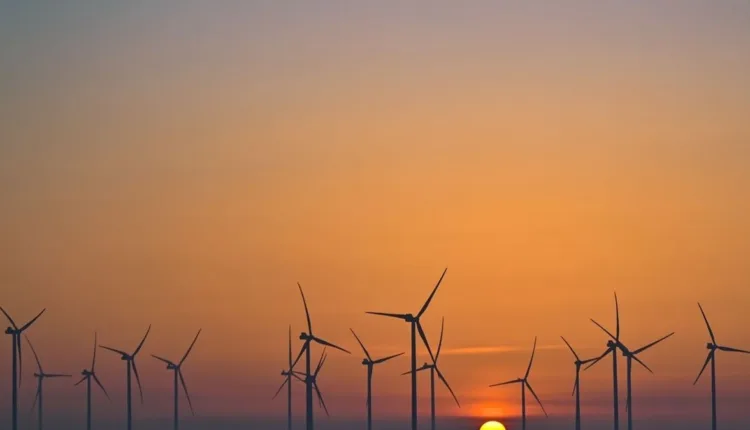
Renewable, Nuclear, Geothermal Innovations Gain Billions
TL/DR –
Under the Biden administration, landmark climate legislation passed in 2022 is driving the United States towards a green future with billions being invested in renewable energy, transmission lines, and battery factories. Key legislation includes the Inflation Reduction Act, projected to dramatically reduce CO2 emissions, and a bill to simplify the permitting process for new nuclear reactors. While the transition to renewable energy presents challenges, including ensuring comprehensive rules for emissions and significant investment, advancements in renewable, nuclear, and emerging technologies such as geothermal energy offer a promising path forward.
Biden Administration Spurring Green Energy Revolution
Groundbreaking climate legislation in 2022 under President Joe Biden is steering the United States towards a sustainable future. A considerable investment is being made in renewable energy sources, transmission lines, and battery factories. Further, a law aiming to simplify the permitting process for new nuclear reactors is expected to pass Congress, highlighting a more comprehensive clean energy strategy.
The Inflation Reduction Act: Catalyst for Green Transformation
The Inflation Reduction Act (IRA) plays a critical role in this overhaul. Touted as the largest investment to fight climate change so far, the IRA is set to significantly decrease CO2e emissions. The benefits will span electricity, transportation, energy efficiency, carbon capture, and clean hydrogen sectors. The U.S. Department of the Treasury forecasts that the environmental benefits will surpass the economic costs.
Exploring New Frontiers in Clean Energy
The administration is broadening the scope of clean energy beyond traditional renewables. Another legislation is in the pipeline to ease the construction of different types of nuclear reactors. Additionally, advancements in clean energy technologies are gaining momentum. A notable example is a Texas-based geothermal energy startup that raised $244 million to scale its technology, which leverages the Earth’s molten core for electricity generation.
The Path to Renewable Energy: Challenges and Opportunities
However, navigating towards a fully renewable energy future entails challenges. Meer notes that substantial investment is needed to meet renewable energy targets by 2050, and the transition demands strategic political and economic decisions. Carbon Brief suggests that comprehensive rules for emissions from all power plants further complicate the clean energy transition.
The Biden administration’s progressive climate agenda presents a promising pathway towards a sustainable, clean energy future. Achieving this goal will necessitate continued commitment, innovation, and collaboration, potentially causing a significant shift in the global energy landscape, economy, and environment.
—
Read More US Economic News
